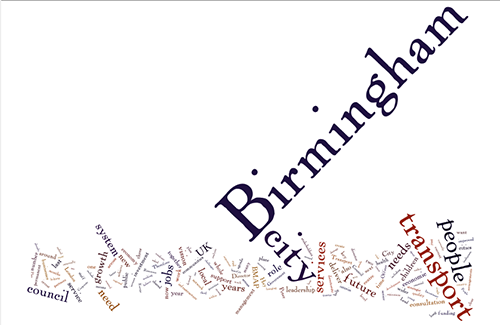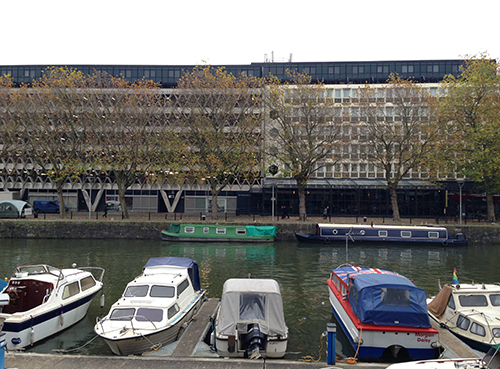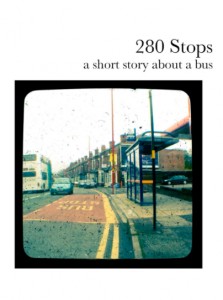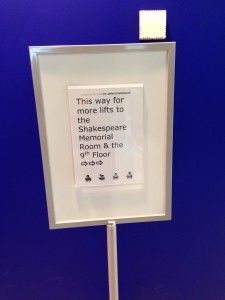There are physical limits on the city, but what are the limits to being counted as her son or daughter?
Londoners negotiate their rights to belong through the soundscape of their districts: born within Bow Bell’s peel and you’re a bona fide cockney, anywhere else you’re just mockney. Northerners can define themselves by pies and places named after cakes. If you weren’t at the Sex Pistols gig at the Free Trade Hall then you’re not from Manchester, which is okay as pretty much everyone was there. These are complex rules and systems, and we distrust them. Of course we do for we are BRUMMIES. And what defines us? It’s not space, time, or seminal music experiences. It’s wanting to be here or from here.
As Mayoral Candidate Emeritus Siôn Simon said…
It is the best kind of club: something that is worth being part of, which anyone who wants to can join, just by wishing it.
If you feel you belong here, you’re a Brummie. If you’re proud of this place, with all its kinks and wrinkles, you’re a Brummie. If you want to be a Brummie, you are. It’s a simple as that.
You can be a Brummie if you want to be. You can be born and shot in Pakistan and be the quintessential Brummie. You can be from Kiddy and pass it off. You can be what you want to be. Just don’t tell anyone, that’s not what we do.
We were going to make a quiz, but then we realised you’re all too modest to tell anyone.
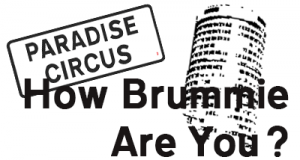
We’ve tested you and your result is:
You can be a Brummie if you want to be.
Tweet your result ** Share on Facebook.



